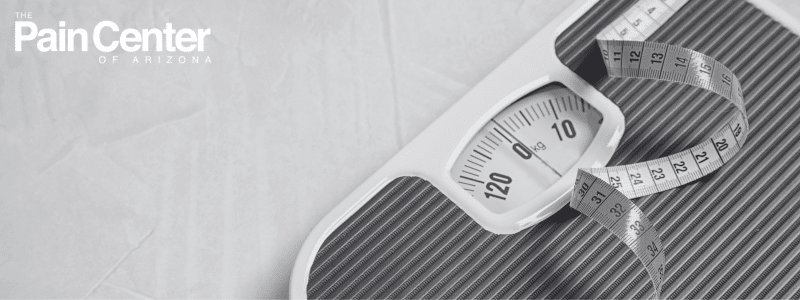
ACDF is a minimally invasive spine surgery that uses a two-part method to restore function to the neck and spine and relieve pain due to pressure from damaged disks. The keyword “anterior” means spine surgeons access the damaged disc from the front of the neck for this procedure.
In this blog, we’ll look at the following:
- What is anterior cervical discectomy and fusion?
- Identifying candidates for ACDF: Who benefits the most?
- The role of diagnostic tests in ACDF candidacy
- Alternatives to ACDF: Exploring other treatment options
- Preparing for ACDF: Steps to take before surgery
What is Anterior Cervical Discectomy and Fusion?
The Cervical Diskectomy
The first portion of the ACDF locates and removes the damaged disk, whether that be due to a herniation, rupture, or stenosis. Removing the affected disk relieves pressure on the nerves.
The Fusion
Once the affected disk is removed, your surgeon will move on to the second portion: fusion. They’ll use bone grafting to fuse the neighboring vertebrae from the affected area. This provides stability and aids in pain relief.
Identifying Candidates for ACDF: Who Benefits the Most?

While ACDF is a minimally invasive procedure, it’s still crucial for your doctor to assess your eligibility for the surgery.
Key Criteria for Potential Candidates
Anterior cervical discectomy and fusion is designed for patients who…
- Experience significant chronic pain from nerve compression
- Have not responded to non-surgical treatments
- Are between the ages of 18 to 60
- Have no severe medical comorbidities
- Have a healthy BMI
- Don’t smoke or use tobacco products
Common Conditions Treated with ACDF
Spondylolisthesis
One vertebra slips onto another due to an injury or existing condition, leading to chronic lower back or leg pain.
Spinal Stenosis
The space around your spinal cord becomes too narrow and causes back or neck pain and tingling in your arms and legs.
Degenerative Disc Disease
Natural cushioning (disks) in your cervical spine wear and cause bone friction, creating discomfort and mobility problems.
Herniated Disc
A disk’s center nucleus escapes through a tear into the spinal canal, creating pressure and pain on the spinal nerves.
Symptoms Indicating the Need for ACDF
ACDF surgery addresses the preexisting conditions that cause nerve roots to compress in the spine. If you’re experiencing any of the following, you may be suffering from damaged or herniated disks that require professional intervention.
You should speak with your doctor about minimally invasive spine surgery if you’re experiencing the following chronic symptoms in your hands, arms, legs, and neck:
- Pain
- Numbness
- Weakness
- Tingling
- Stiffness
The Role of Diagnostic Tests in ACDF Candidacy

Medical imaging provides your doctor with the proper information to give you a diagnosis for herniated or degenerative disc disorder. Depending on your medical history and preferences, your doctor may order a magnetic resonance imaging (MRI), X-rays, or CT scan.
Alternatives to ACDF: Exploring Other Treatment Options
Oftentimes, your doctor will encourage you to try non-surgical approaches to your chronic pain before moving forward with surgery. Less severe herniations can clear up with minimal intervention and may not need any form of surgery.
Physical Therapy
PT can help to reduce flare-ups and lessen pain from disc herniations. Depending on the severity, herniation may resolve on its own, and PT can speed up this process.
Epidural Steroid Injection
Transforaminal epidural steroid injections can ease cervical pain caused by pinched spinal nerves due to herniation. The relief can last from a few days to a year.
Acupuncture
Acupuncture alleviates various pains, including lower back pain from slipped cervical discs. While it provides short-term relief, it can reduce inflammation and help to heal nerve damage.
Preparing for ACDF: Steps to Take Before Surgery
Follow your doctor’s instructions about the night before surgery and the weeks leading up to it. Along with not eating or drinking anything the night before or morning of, your doctor may request that you:
Weeks Before
- Supply your doctor with a list of medications and supplements you take
- Stop smoking and tobacco use
- Take blood tests to measure your health for the surgery
The Night Before
- Do not shave the surgical site yourself
- Take a bath or shower before your surgery
- Do not use lotions, perfumes, or deodorants on the day of
- Have a designated driver to take you home after
- Do not wear any jewelry or piercing




